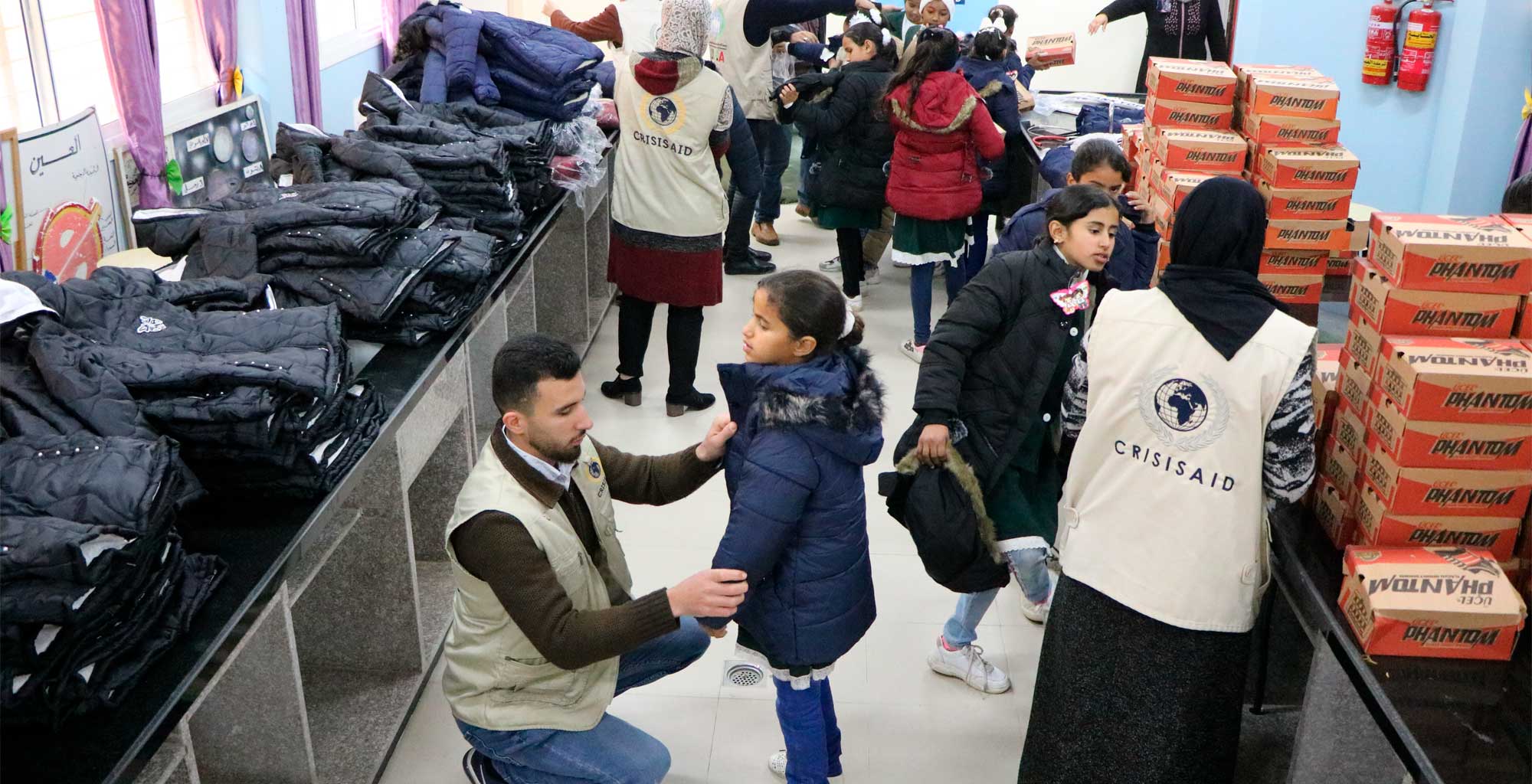Tackling Poverty in Pakistan: Crisis Aid’s Mission for Change

Pakistan, a nation celebrated for its stunning landscapes, rich history, and vibrant culture, faces a paradox of beauty juxtaposed with profound poverty. The country’s struggle with severe economic challenges, exacerbated by political turmoil and recurrent natural disasters, paints a stark picture of hardship amidst natural splendour. Corruption and feudal dominance in remote areas further entrench the deprivation faced by the nation’s most vulnerable, denying them access to essential services like food, water, education, and healthcare.
Since gaining independence in 1947, Pakistan has grappled with food security issues, a predicament worsened by military operations and a burgeoning population. As the world’s sixth most populous country, with over 200 million inhabitants, Pakistan’s quest for political and economic stability remains elusive. Burdened by international debt and limited to servicing its interest payments, the country is heavily reliant on international aid to support its populace.
Environmental catastrophes, including floods and droughts, relentlessly assail Pakistan, impacting its poorest communities. Estimates suggest that 55 million Pakistanis live below the poverty line, constituting 40% of the population struggling for sustenance. The plight of millions of children, compelled to work instead of attending school, underscores a grim cycle of poverty and illiteracy, particularly pronounced in the Khyber Pakhtunkhwa and Punjab provinces. Crisis Aid responds to this urgent need, providing food parcels to support survival among the most deprived, with £55 ensuring a month’s sustenance for a family of six, including essential food items and sanitary products.
Pakistan’s agricultural backbone makes it acutely vulnerable to climate change effects, with natural disasters like floods, earthquakes, and landslides devastating livelihoods and hampering efforts to combat poverty, disease, and illiteracy. The 2005 earthquake in the Kashmir province epitomizes this vulnerability, claiming 90,000 lives and displacing half a million families, predominantly in Muzaffarabad. Despite substantial emergency aid, corruption and mismanagement have left many still suffering from the quake’s aftermath, with numerous buildings awaiting repair.
Water scarcity, especially during droughts, devastates communities, a challenge Crisis Aid addresses by facilitating water well construction, transforming the lives of entire villages. Additionally, our commitment extends to establishing health clinics in Khyber Pakhtunkhwa, offering medical aid to remote communities plagued by preventable diseases and childbirth complications. Our vision for Pakistan includes building hospitals and running specialist clinics to reach thousands in need.
Crisis Aid’s work in Pakistan is pivotal, yet it can only proceed with your support. By donating, you contribute to a cycle of change, aiding those in desperate need of basic necessities and medical care. Together, we can combat the scourge of poverty, fostering hope and resilience in the face of adversity. Join us in this critical mission—your contribution today can herald a brighter tomorrow for countless lives across Pakistan.